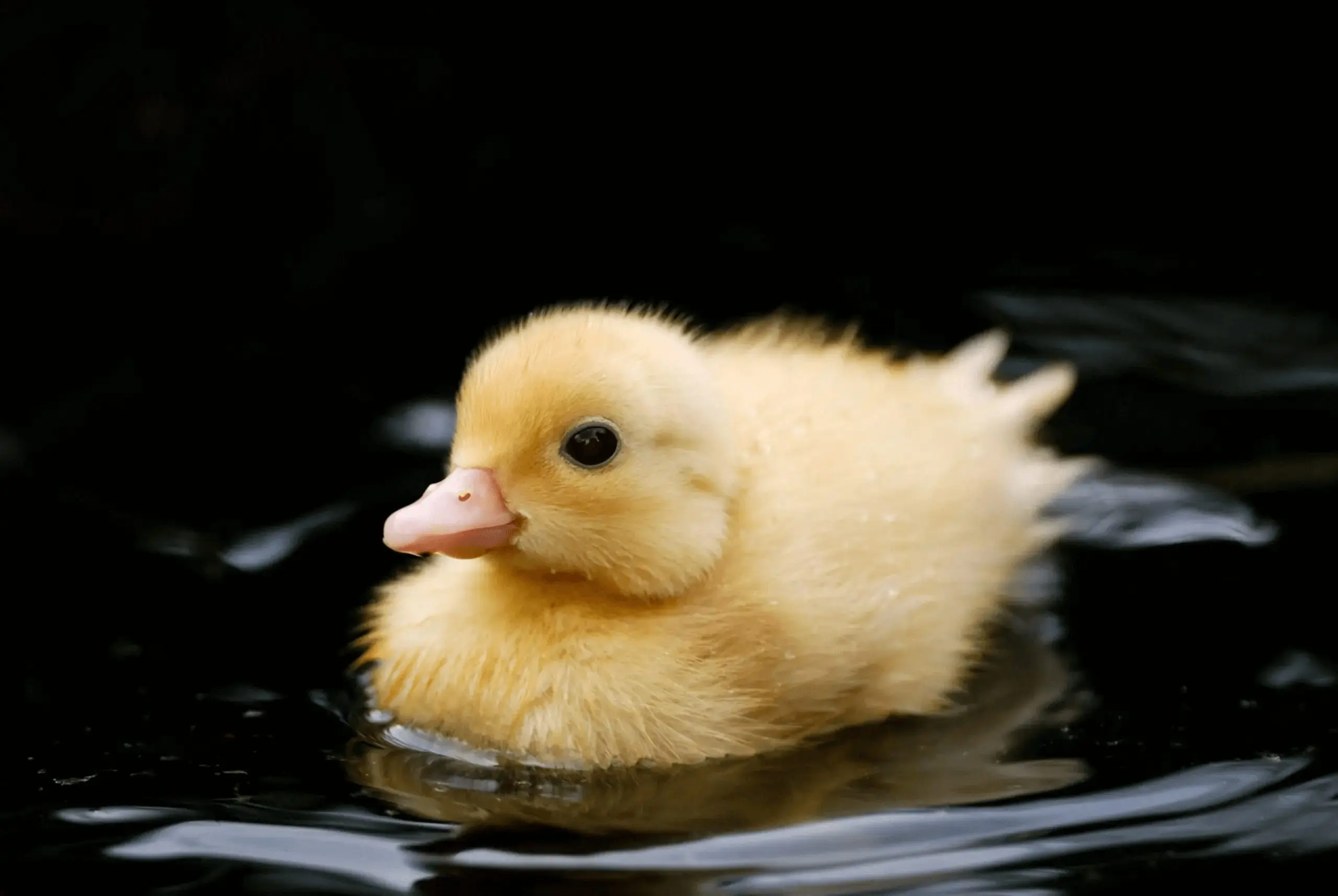
Baby Duck Care: A Comprehensive Guide for Nurturing Your Feathered Friends
Introduction
Baby ducks, with their adorable waddling and cheerful chirps, can bring immense joy to any household. However, caring for these delicate creatures requires specific knowledge and attention to ensure their well-being. This comprehensive guide will provide you with all the essential information you need to provide optimal care for your baby ducks, from hatching to adulthood.
Hatching and Early Care
Incubation:
- If you have fertile duck eggs, you can incubate them to hatch your own baby ducks.
- The ideal incubation temperature is 99.5°F (37.5°C) with 55-65% humidity.
- Eggs should be turned regularly to prevent the embryo from sticking to the shell.
Hatching:
- Ducklings typically hatch after 28 days of incubation.
- Assist the ducklings if they struggle to break out of the shell, but avoid pulling them out forcefully.
- Once hatched, place the ducklings in a warm, draft-free environment.
Brooding:
- Baby ducks require a warm environment for the first few weeks of life.
- Provide a brooder with a heat lamp or heating pad set to 95°F (35°C) during the first week.
- Gradually reduce the temperature by 5°F (2.8°C) each week until they reach room temperature.
Feeding
First 24 Hours:
- Ducklings do not need to eat for the first 24 hours after hatching.
- They absorb nutrients from the yolk sac they were attached to in the egg.
Starter Feed:
- After 24 hours, start feeding the ducklings a high-quality starter feed specifically formulated for ducklings.
- The feed should be crumbled or pelleted and placed in a shallow dish.
Frequency and Amount:
- Feed ducklings free-choice for the first 6 weeks of life.
- They will consume approximately 1 ounce of feed per day.
Water
- Provide fresh, clean water at all times.
- Use a shallow dish or waterer designed for poultry.
- Change the water daily to prevent contamination.
Housing
Brooder:
- For the first few weeks, house the ducklings in a brooder.
- The brooder should be large enough to accommodate all the ducklings comfortably.
- Line the brooder with absorbent bedding, such as wood shavings or paper towels.
Outdoor Enclosure:
- Once the ducklings are fully feathered and can regulate their body temperature, they can be moved to an outdoor enclosure.
- The enclosure should be secure and provide protection from predators and the elements.
- Provide a shelter for the ducklings to retreat to during inclement weather.
Health and Care
Vaccinations:
- Vaccinate the ducklings against common diseases, such as duck plague and avian influenza.
- Consult with a veterinarian to determine the appropriate vaccination schedule.
Deworming:
- Ducklings may need to be dewormed to prevent parasitic infections.
- Use a dewormer specifically formulated for poultry.
Bathing:
- Ducklings do not need to be bathed regularly.
- If they become dirty, you can gently wipe them down with a damp cloth.
Grooming:
- Trim the ducklings’ nails regularly to prevent them from becoming overgrown.
- Check their feathers for any signs of parasites or infections.
Common Health Problems
- Avian Influenza: A highly contagious viral infection that can be fatal.
- Duck Plague: A bacterial infection that causes respiratory distress and death.
- Coccidiosis: A parasitic infection that causes diarrhea and weight loss.
- External Parasites: Mites, lice, and fleas can cause irritation and anemia.
Transitioning to Adulthood
Feathering:
- Ducklings will begin to feather out around 4-6 weeks of age.
- Once they are fully feathered, they can be gradually introduced to outdoor temperatures.
Diet:
- As the ducklings grow, transition them to a maintenance feed formulated for adult ducks.
- Supplement their diet with fresh greens, fruits, and insects.
Water:
- Adult ducks need access to clean, fresh water at all times.
- Provide a water source that is deep enough for them to submerge their heads.
Socialization:
- Ducklings are social creatures and should be raised with other ducks.
- Introduce new ducks gradually to prevent aggression.
Conclusion
Caring for baby ducks can be a rewarding experience, but it requires dedication and proper knowledge. By following the guidelines outlined in this comprehensive guide, you can provide your feathered friends with the optimal care they need to thrive and bring joy to your life for years to come. Remember to consult with a veterinarian regularly to ensure the health and well-being of your ducks.
